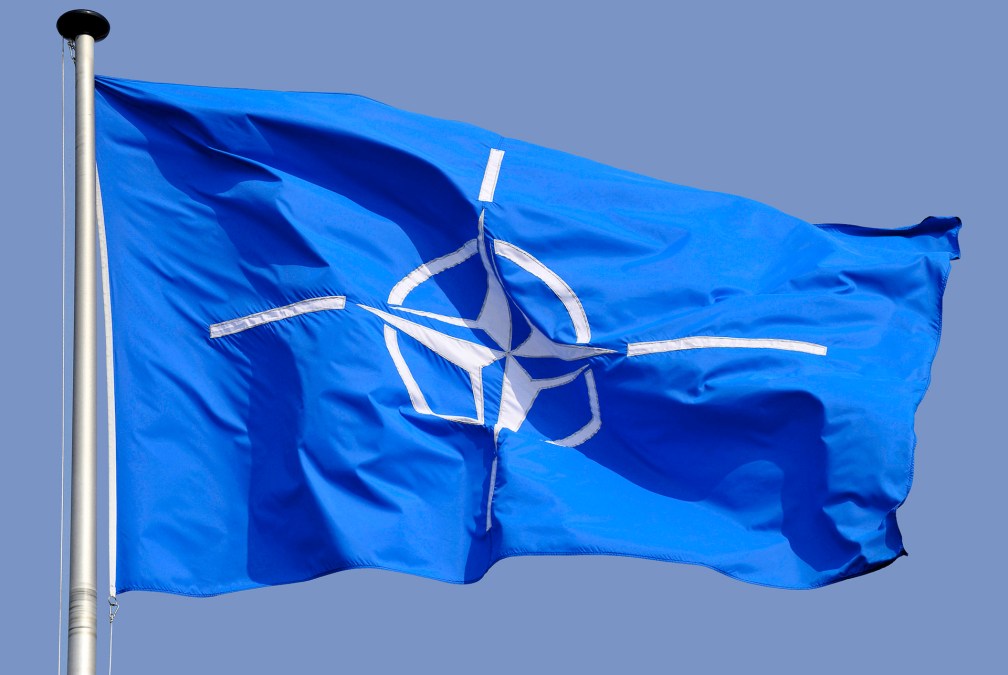NATO on the hunt for new AI ‘cognitive agent’

The NATO Communications and Information Agency is surveying industry for artificial intelligence technology that can enhance service delivery and workflows.
The agency is conducting market research to inform plans to enhance its support capabilities by implementing an “AI cognitive agent platform” within the alliance’s Enterprise Service Operations Centre (ESOC), according to a special notice posted on Sam.gov.
The far-reaching organization, which includes 3,000 civilians and military staff spread across 29 sites throughout Europe and North America, provides a wide array of support and services for the alliance related to IT, cybersecurity, command and control, business application and other mission areas, according to its website.
“The purpose of this project is for the NCI Agency to revolutionize its support operations by introducing an AI cognitive agent. This technology will automate routine tasks, streamline ticket management and empower [Level 1] personnel to address complex issues efficiently ensuring a high level of service delivery,” according to an annex listing requirements and other information about the initiative.
The organization is looking for commercially available AI tools to help with a wide range of tasks including process workflows, password management, ticket management and escalation, knowledge base integration, notification template creation, and reporting and analytics, among others.
The tech is expected to be able to interact with humans, learn, and improve over time.
“The AI software cognitive agent will interact via a user interface with people with fast and meaningful responses, to solve problems or propose solutions through interactive conversations, with understanding of natural language and context, applying logic, and inferring implications,” according to the notice. “The AI agent will learn from operating procedures, historical chat sessions, Frequently Asked Questions and will have the capability to integrate new process instructions and workflows.”
Another aim of the initiative is to familiarize staff with emerging AI tech. To that end, the new software tool is expected to use natural language processing techniques and word searches to find relevant articles in the “knowledge base,” and make suggestions to agency personnel.
The agency plans to implement the technology through a one-year pilot on-premise in Mons, Belgium. Penetration and integration testing and user testing will be conducted before the capability is deployed, according to the notice.
The deadline for industry to respond to the notice is Dec. 15.
Plans for the new cognitive agent come amid a broader push by NATO and its member nations to acquire new artificial intelligence capabilities, which officials in charge of leading NATO transformation efforts have identified as being “of highest importance.”
Two years ago, the alliance formally adopted a new AI strategy and later established a review board to help govern the development and use of the technology.
Last year, the alliance unveiled a new Strategic Concept that highlighted the need to focus on emerging and disruptive capabilities. It also launched the Defense Innovation Accelerator for the North Atlantic (DIANA), which is intended to provide long-term investments in startups and other entities developing key technologies that the alliance is interested in, such as artificial intelligence, autonomy, big-data processing and others.
Earlier this year, MITRE began steering two new artificial intelligence-focused “exploratory teams” for NATO’s Information Systems and Technology Panel to inform its biannual AI strategy update.






